Bournemouth University leads the Kosovo-strand of a major four-year AHRC ‘Global Challenges’ project titled ‘Changing the Story‘. This project aims at supporting the building of inclusive civil societies (CSOs) with, and for, young people in five post-conflict countries. It asks how the arts, heritage, and human rights education can support youth-centred approaches to civil society building in Cambodia, Colombia, Kosovo, Rwanda and South Africa. The Kosovo strand benefits from an established track record of collaboration with University of Prishtina (Co-I) and Stacion: Centre for Contemporary Arts in Prishtina as well as several arts-based civil society organisations in the country. The BU-led strand focuses on formal and informal civic education through the arts in Kosovo, to be explored locally by a Postgraduate Research Assistant, attached to University of Prishtina, through a critical review and proof of concept exercise during the first year. In support, BU is contributing a fully-funded PhD scholarship under the title ‘Imagining New Futures: Engaging Young People Through Participatory Arts in Post-Conflict Kosovo‘, which is currently being advertised.
International collaborative activities commenced last week in collaboration with an internationally-acclaimed CSO partner in Dorset, devoted to developing global youth citizenship through culture and the arts. The award-winning Complete Freedom of Truth project (TCFT), with which BU collaborated already previously, kindly offered a one-week residency to Albert Heta, Director of Stacion: Centre for Contemporary Arts in Prishtina. This residency brought together a group of artists, workshop leaders and young people from across the UK between February 12 and 16 in Bridport. Albert’s visit from Kosovo was funded by the AHRC and facilitated by BU’s new Research Centre ‘Seldom Heard-Voices: Marginalisation and Society Integration’ of the Faculty of Health and Social Sciences (FHSS). Together with Albert, some of the Centre’s members also participates in the events organised by TCFT, exchanged experiences and discussed best practice of working with young people of various background through the arts towards social justice. TCFT has a long history of working with young people, internationally, starting in post-conflict Srebrenica in 2008. Based on our observations during one week in Dorset, including of the issues selected as important by the young UK-participants during this period, we are currently reflecting on the extent to, and ways in, which arts-based interventions with a given set of young people in one specific socio-cultural context and its underpinning conceptualisations (such as of empowerment or vulnerability of, and pressures on, young people) can or cannot be transferred to another, such as that in which young people in Kosovo negotiate their aspirations.
Stephanie Schwandner-Sievers
sssievers@bournemouth.ac.uk
Photo credit below: Robert Golden
Kosovo strand activities begin via a global youth citizenship project

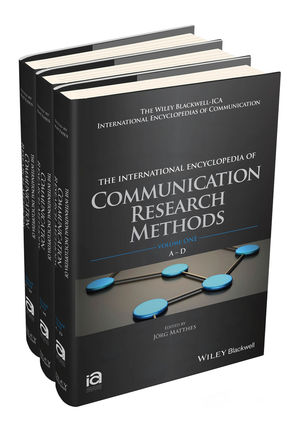 The first Chapter, “Performative Social Science”, in J. P. Matthes, C. S. Davis, & R. F. Potter (Eds.), The International Encyclopedia of Communication Research Methods, rehearses the development of Performative Social Science (PSS) as a research approach and method, developed over ten years at Bournemouth University through publication, film, research, workshops, Masterclasses, and PhD studies. Jones explains that PSS is not simply ‘art for art’s sake’ instead of research. PSS is research and dissemination practices based in the philosophy of Relational Aesthetics and has much in common with Social Constructionism. The ‘audience’ or reader/viewer are key to PSS, as is the wider community.
The first Chapter, “Performative Social Science”, in J. P. Matthes, C. S. Davis, & R. F. Potter (Eds.), The International Encyclopedia of Communication Research Methods, rehearses the development of Performative Social Science (PSS) as a research approach and method, developed over ten years at Bournemouth University through publication, film, research, workshops, Masterclasses, and PhD studies. Jones explains that PSS is not simply ‘art for art’s sake’ instead of research. PSS is research and dissemination practices based in the philosophy of Relational Aesthetics and has much in common with Social Constructionism. The ‘audience’ or reader/viewer are key to PSS, as is the wider community.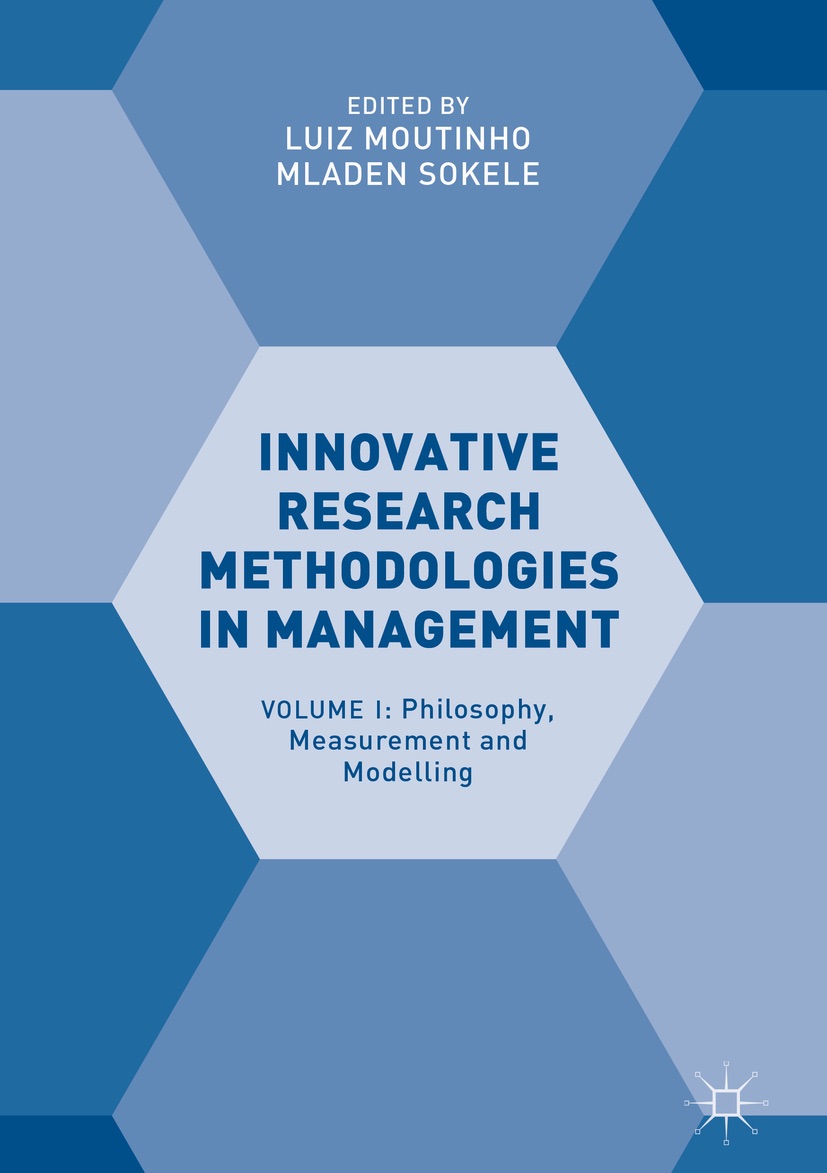 The second Chapter, “Emotivity and Ephemera Research”, in Innovative Research Methodologies in Management: Volume I, edited by L. Moutinho and M. Sokelem provides an in-depth worked example of PSS. The Chapter reports on a two-day experimental workshop in arts-led interviewing technique using ephemera to illicit life stories and then reporting narrative accounts back using creative means of presentation. The workshop took place at Bournemouth and participants were all University faculty members. A key to the process was in replicating what research participants may be feeling and going through when they share very personal stories with researchers. The exercise built a respect for this process by acknowledging that fact through the personal experiences and emotive connectivity of workshop participants.
The second Chapter, “Emotivity and Ephemera Research”, in Innovative Research Methodologies in Management: Volume I, edited by L. Moutinho and M. Sokelem provides an in-depth worked example of PSS. The Chapter reports on a two-day experimental workshop in arts-led interviewing technique using ephemera to illicit life stories and then reporting narrative accounts back using creative means of presentation. The workshop took place at Bournemouth and participants were all University faculty members. A key to the process was in replicating what research participants may be feeling and going through when they share very personal stories with researchers. The exercise built a respect for this process by acknowledging that fact through the personal experiences and emotive connectivity of workshop participants. Pleased to announce that a copy of the Handbook of Arts-based Research, Patricia Leavy, Editor, is now available at
Pleased to announce that a copy of the Handbook of Arts-based Research, Patricia Leavy, Editor, is now available at 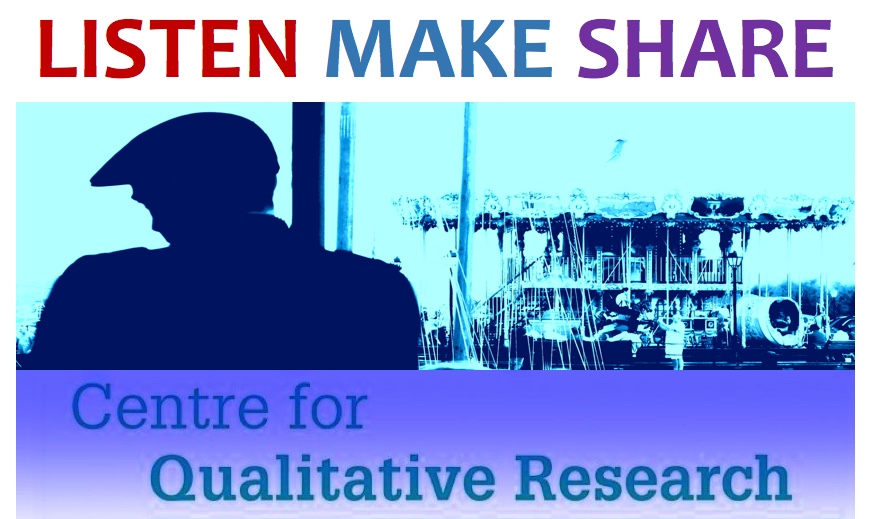



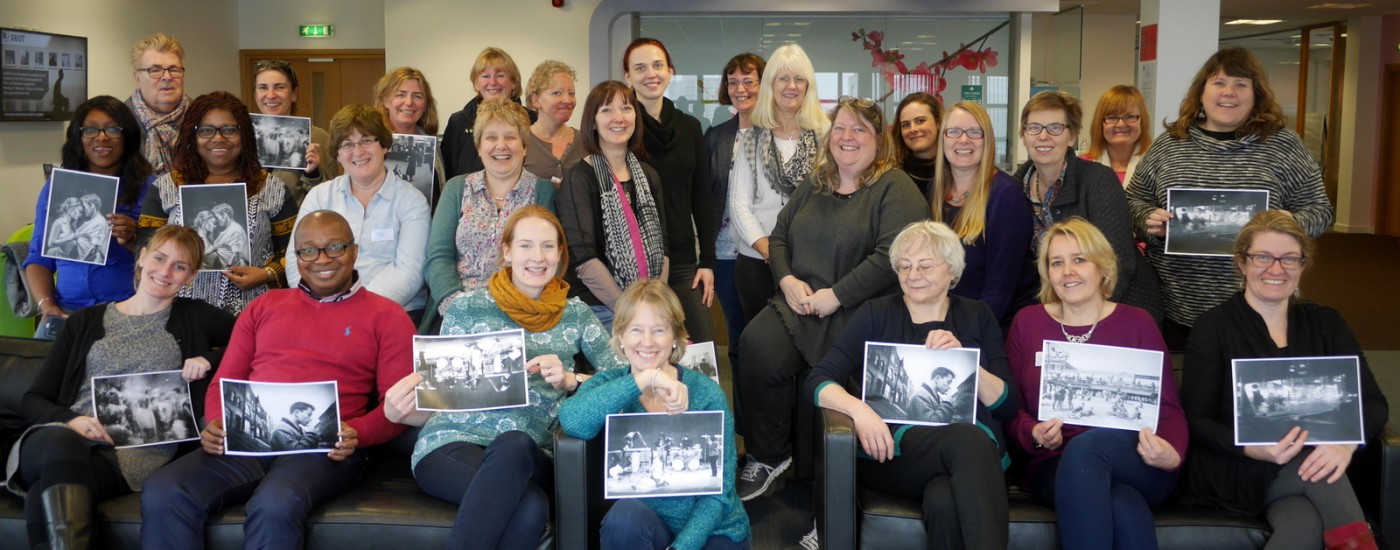
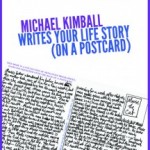
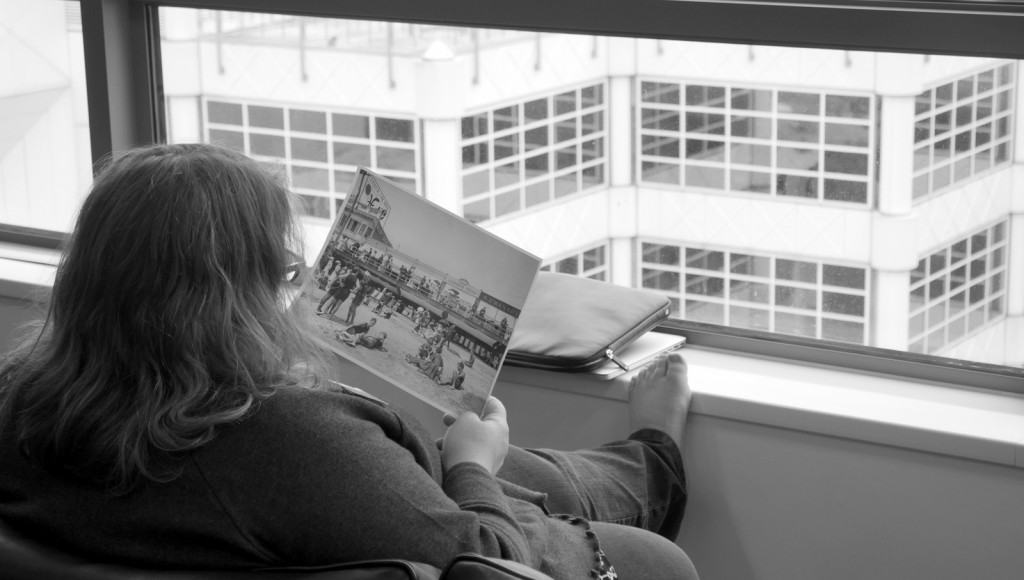
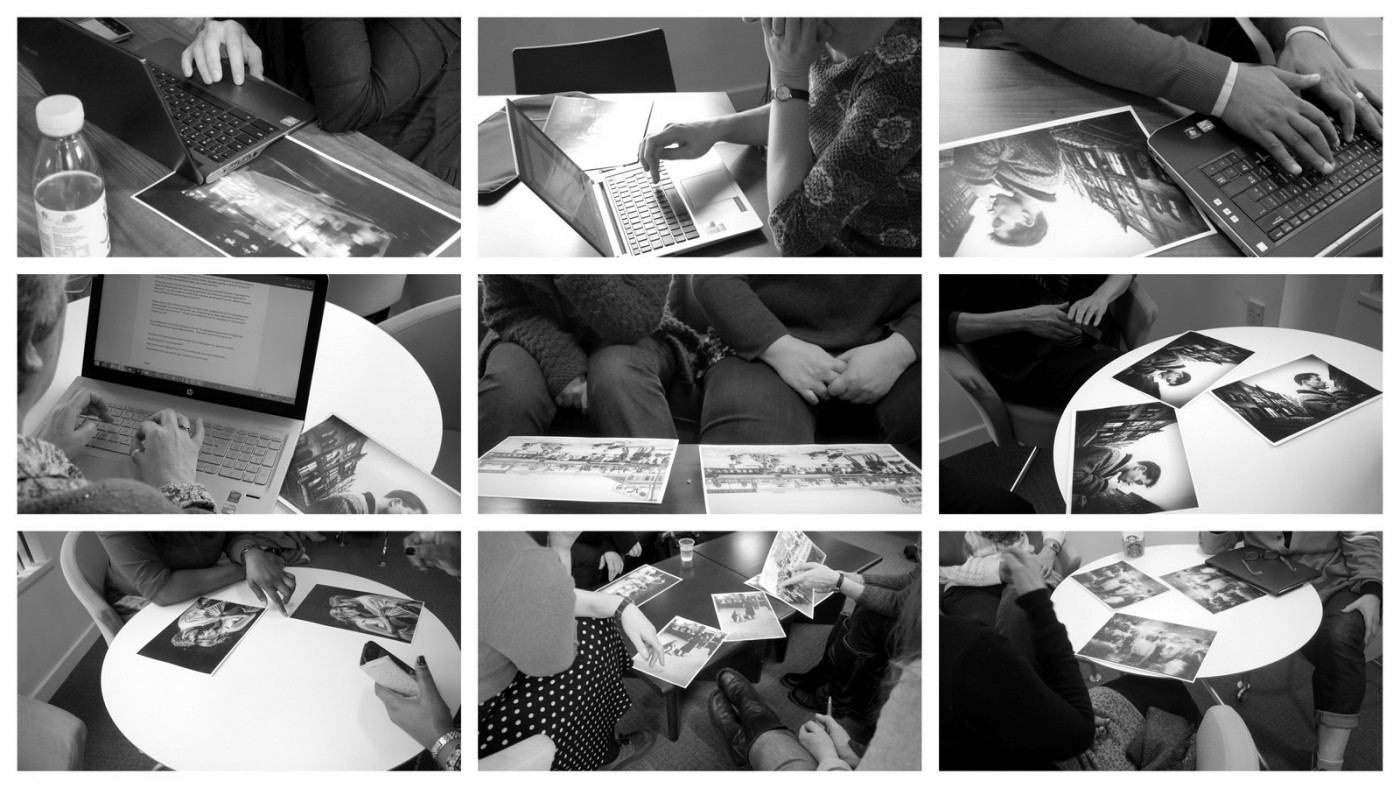
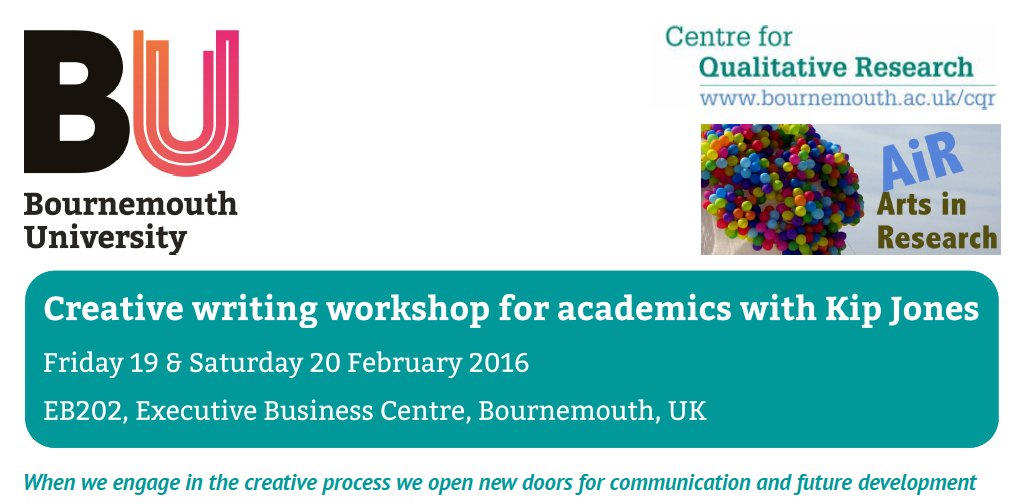
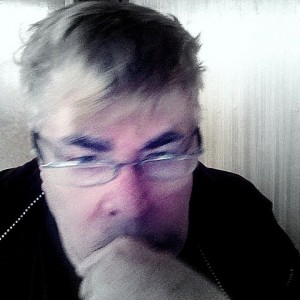
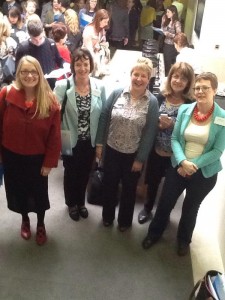




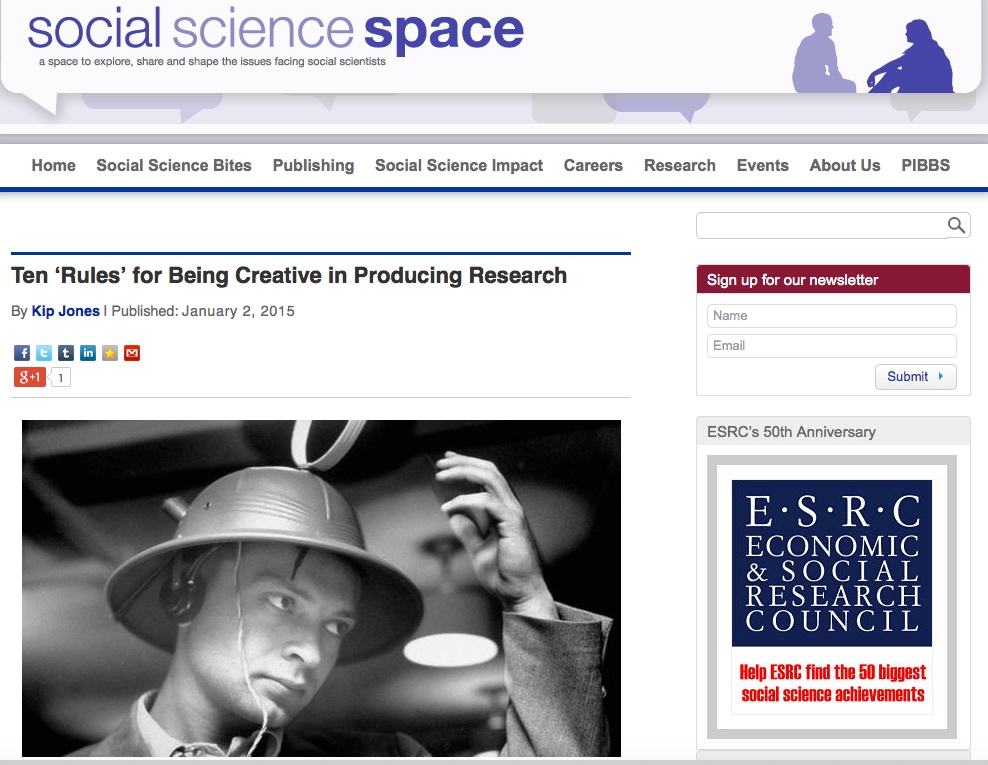
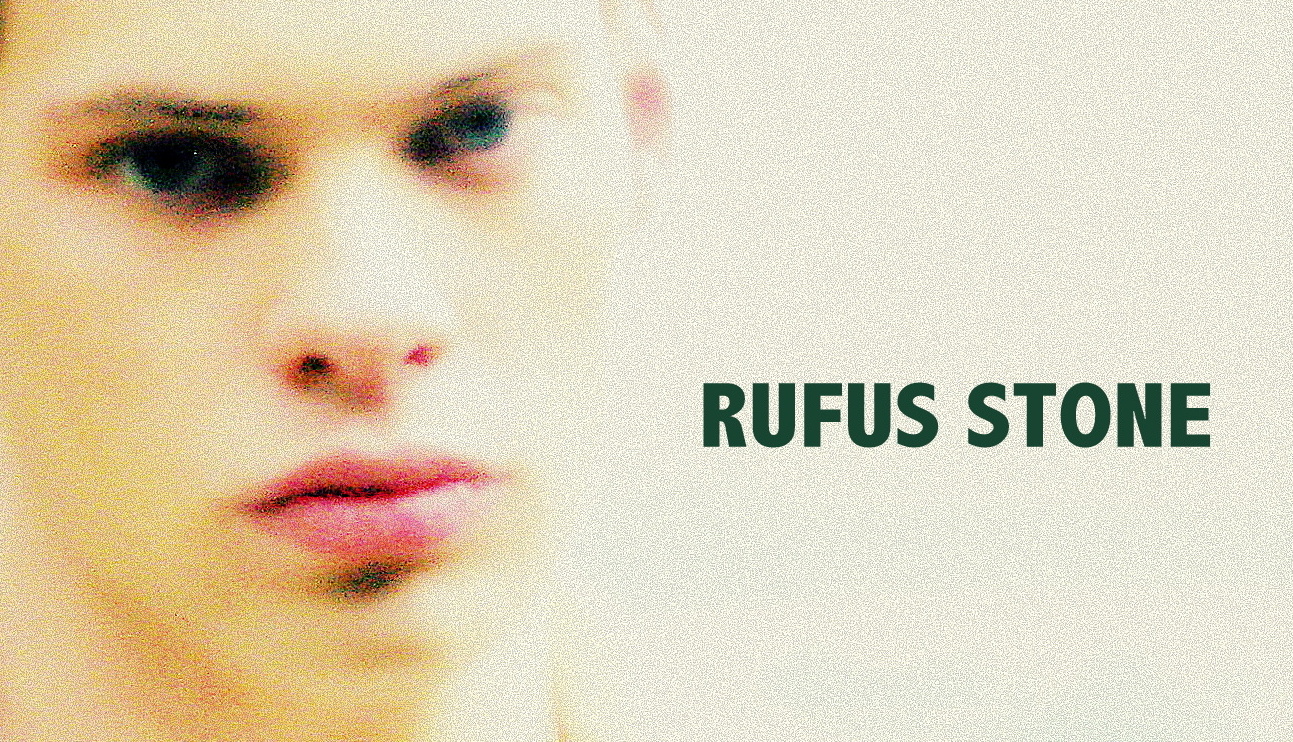




 “Kip on the Beach”
“Kip on the Beach”











 Expand Your Impact: Collaboration and Networking Workshops for Researchers
Expand Your Impact: Collaboration and Networking Workshops for Researchers Visiting Prof. Sujan Marahatta presenting at BU
Visiting Prof. Sujan Marahatta presenting at BU 3C Event: Research Culture, Community & Can you Guess Who? Thursday 26 March 1-2pm
3C Event: Research Culture, Community & Can you Guess Who? Thursday 26 March 1-2pm UKCGE Recognised Research Supervision Programme: Deadline Approaching
UKCGE Recognised Research Supervision Programme: Deadline Approaching ECR Funding Open Call: Research Culture & Community Grant – Apply now
ECR Funding Open Call: Research Culture & Community Grant – Apply now ECR Funding Open Call: Research Culture & Community Grant – Application Deadline Friday 12 December
ECR Funding Open Call: Research Culture & Community Grant – Application Deadline Friday 12 December MSCA Postdoctoral Fellowships 2025 Call
MSCA Postdoctoral Fellowships 2025 Call ERC Advanced Grant 2025 Webinar
ERC Advanced Grant 2025 Webinar Update on UKRO services
Update on UKRO services European research project exploring use of ‘virtual twins’ to better manage metabolic associated fatty liver disease
European research project exploring use of ‘virtual twins’ to better manage metabolic associated fatty liver disease